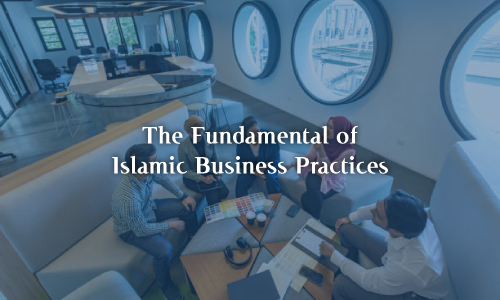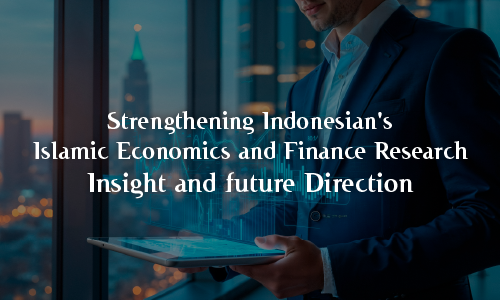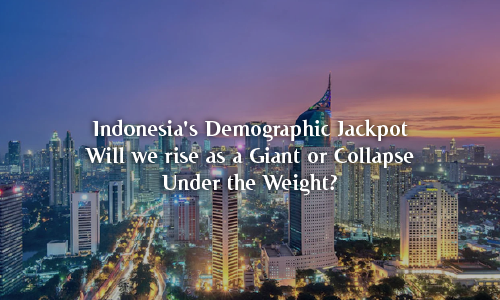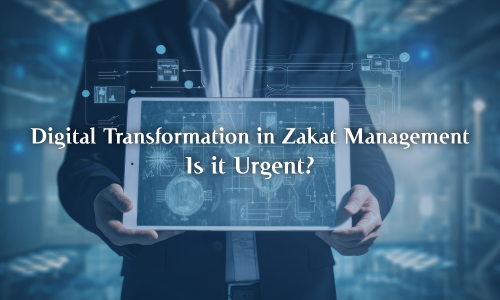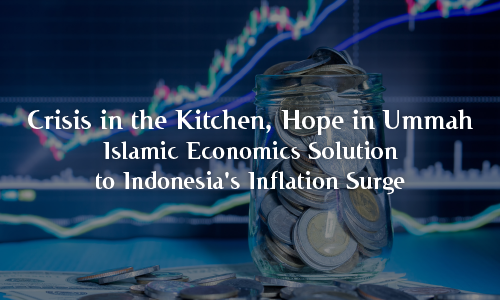
Crisis in the Kitchen, Hope in the Ummah: Islamic Economic Solutions to Indonesia’s Inflation Surge
Summary: This paper examines the rise in food inflation in Indonesia during June 2025 and its broader socioeconomic implications, with an emphasis on Islamic economic perspectives. Based on the latest data from CORE Indonesia, food inflation increased sharply to 1.99% year-on-year, contributing significantly to the overall rise in headline inflation. Although core inflation remained relatively stable, the surge in food prices has adversely impacted household purchasing power and savings capacity. The analysis highlights the structural and temporary nature of the inflation, emphasizing the need for targeted policy interventions. From an Islamic economic standpoint, the situation presents an opportunity to reinforce financial justice through integrated strategies involving state fiscal measures, Islamic microfinance, zakat institutions, and digital economic platforms. The paper proposes a comprehensive response framework grounded in shariah principles, including food price stabilization, inclusive financial access, and social protection programs. These recommendations aim to foster resilience, equity, and long-term stability, demonstrating how Islamic economic tools can contribute meaningfully to addressing inflationary challenges in a just and inclusive manner.
Introduction
Jakarta, July 2025 – The Indonesian economy, particularly in mid-2025, has been facing a renewed wave of inflationary pressure, primarily driven by food prices. According to the latest report from Dr. Etika Karyani, Research Director at CORE Indonesia, several inflation metrics indicate rising consumer stress, with serious implications for household purchasing power and macroeconomic stability. This article aims to delve into the core statistics, explore the deeper implications for financial resilience among Indonesian households, and propose inclusive policy strategies rooted in Islamic economic principles. It intends to serve not only as an analytical reference but also as a call to action for Muslim communities, Islamic financial institutions, and policymakers alike.














